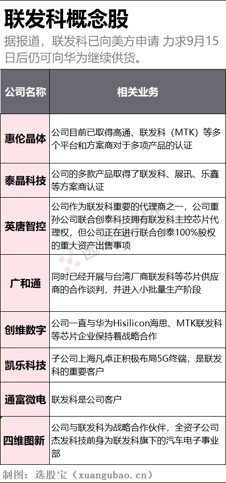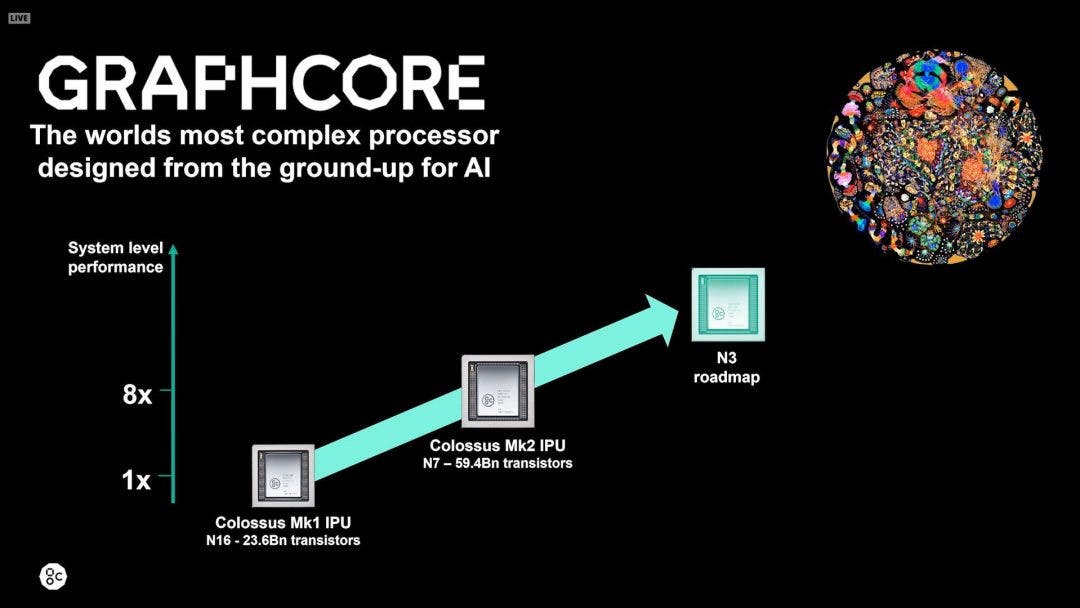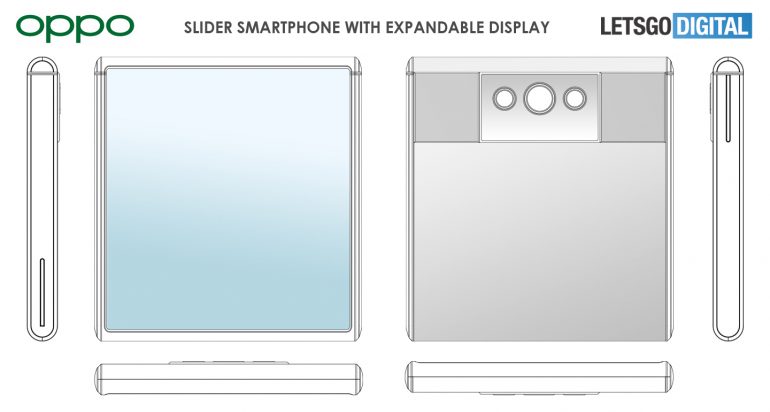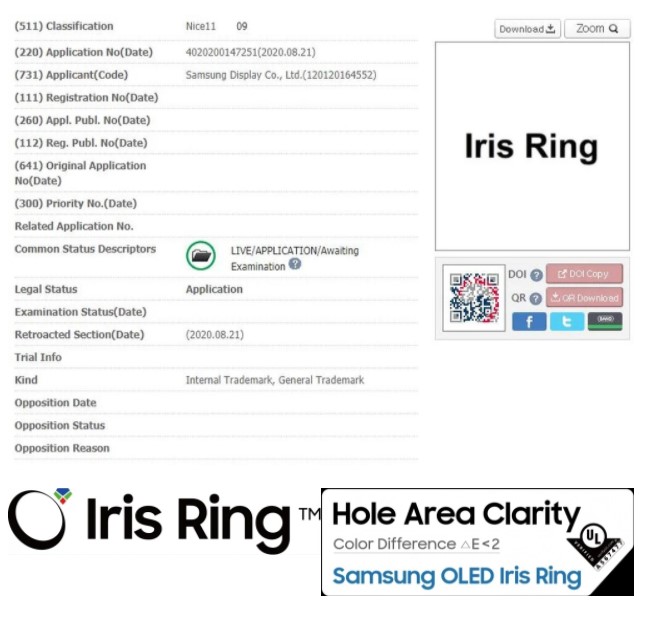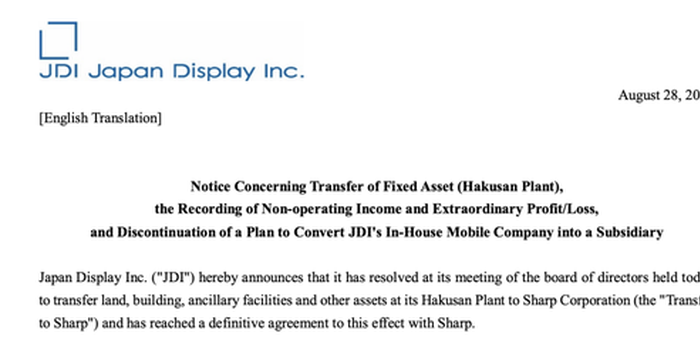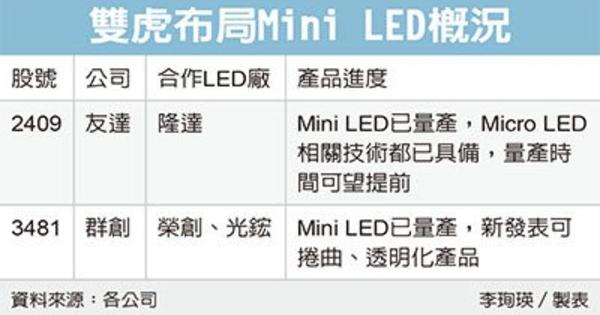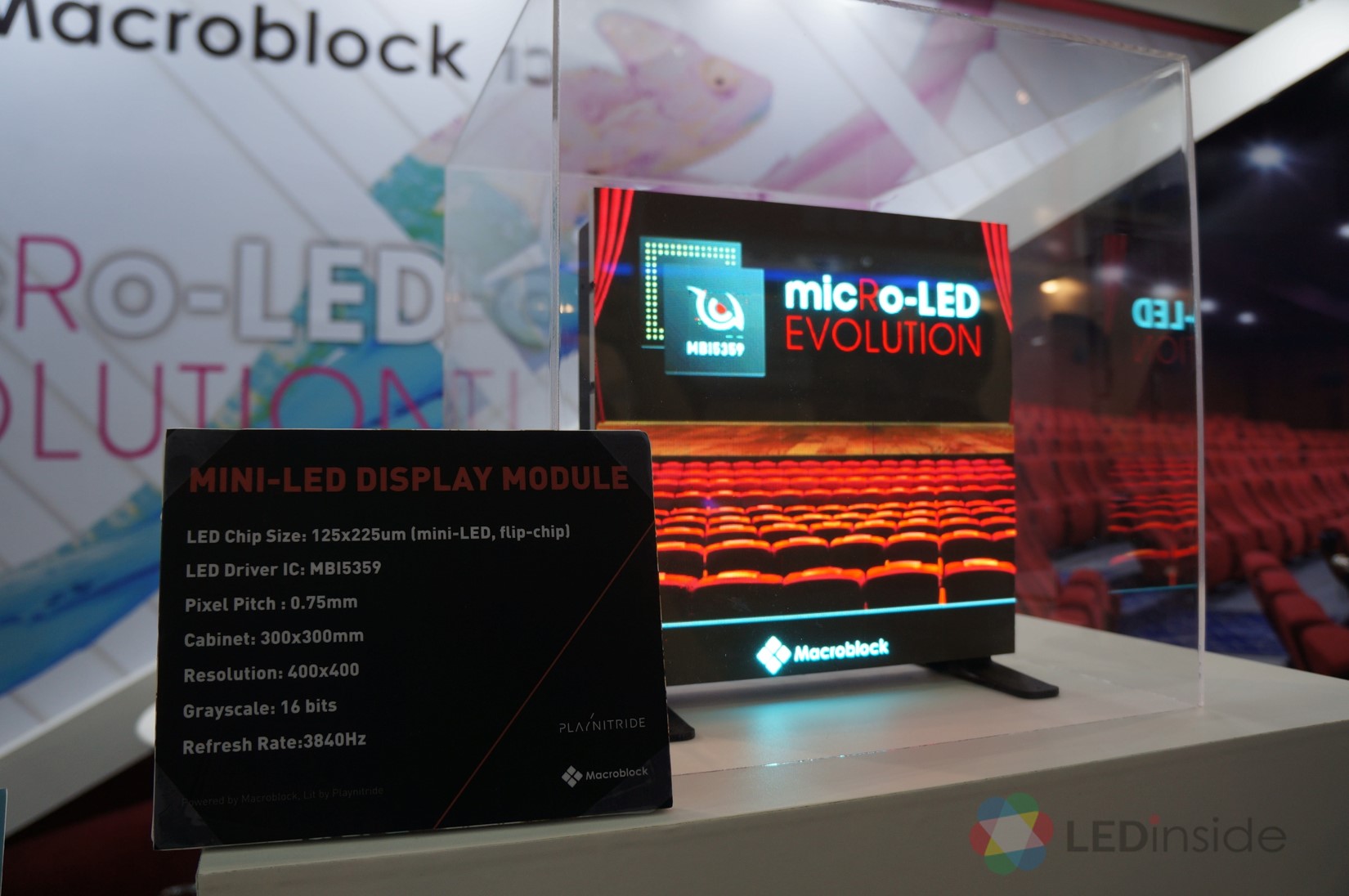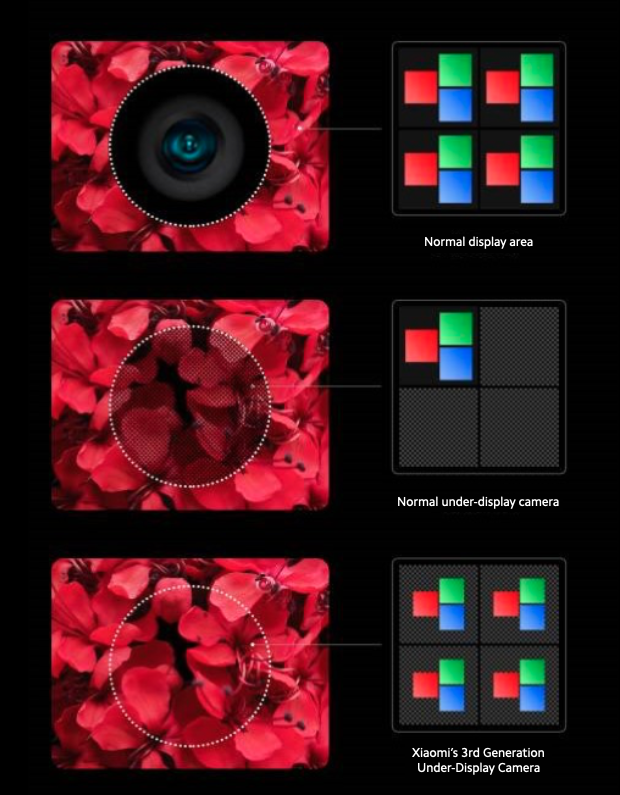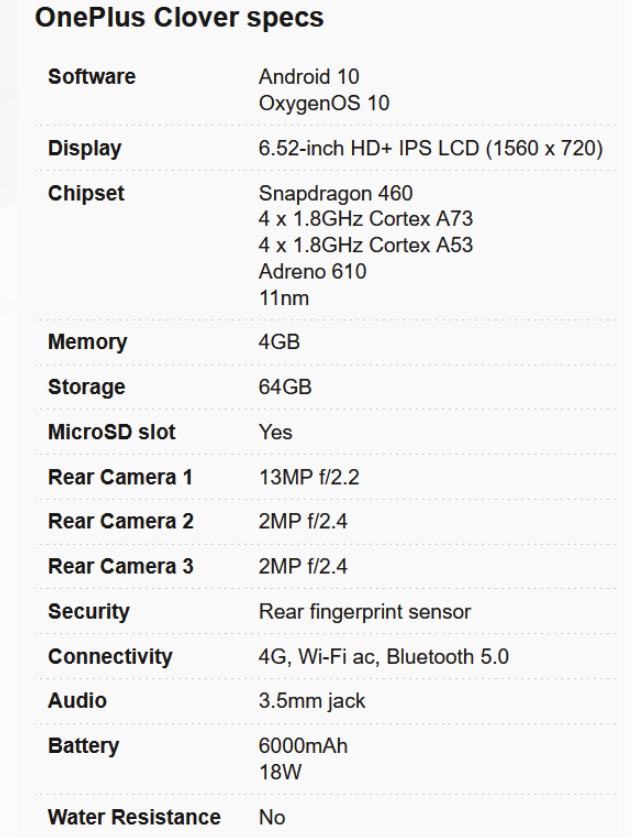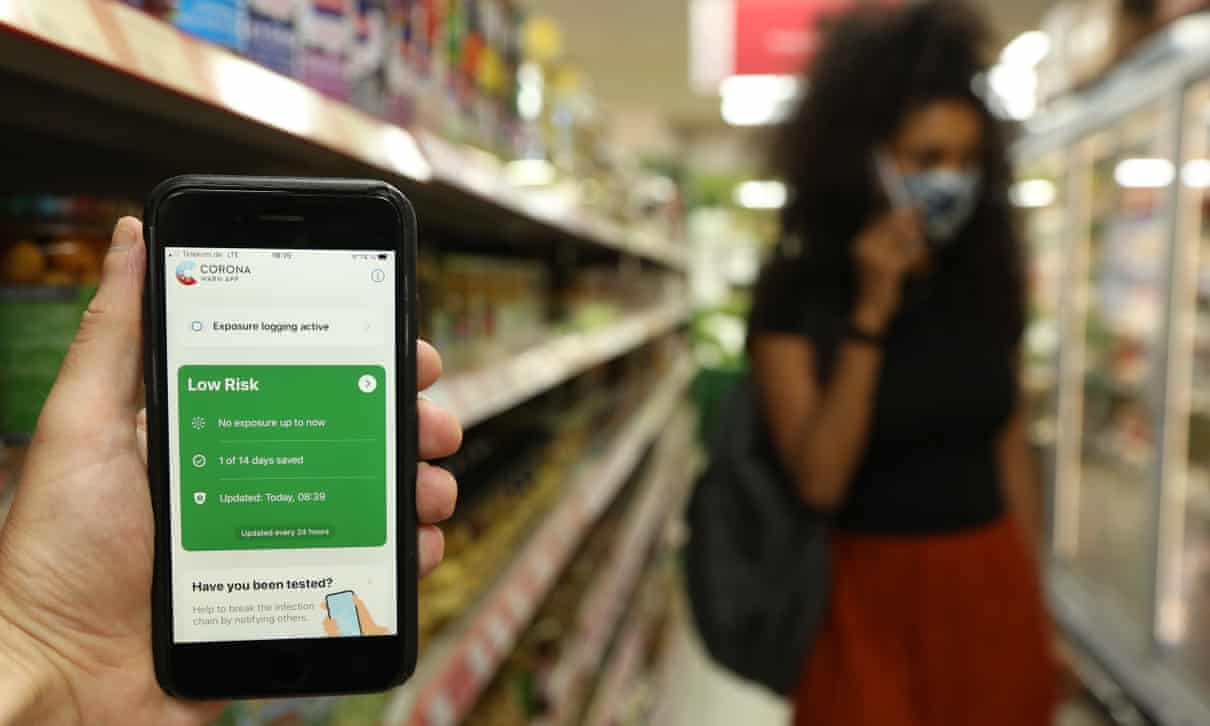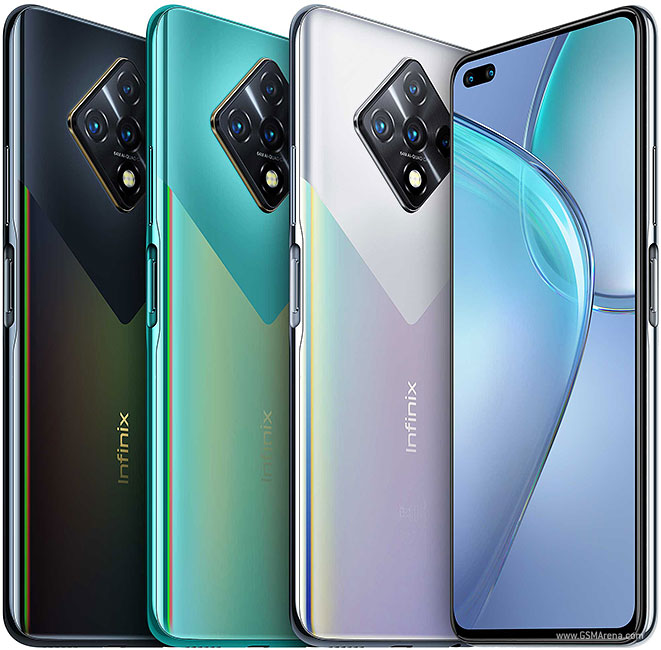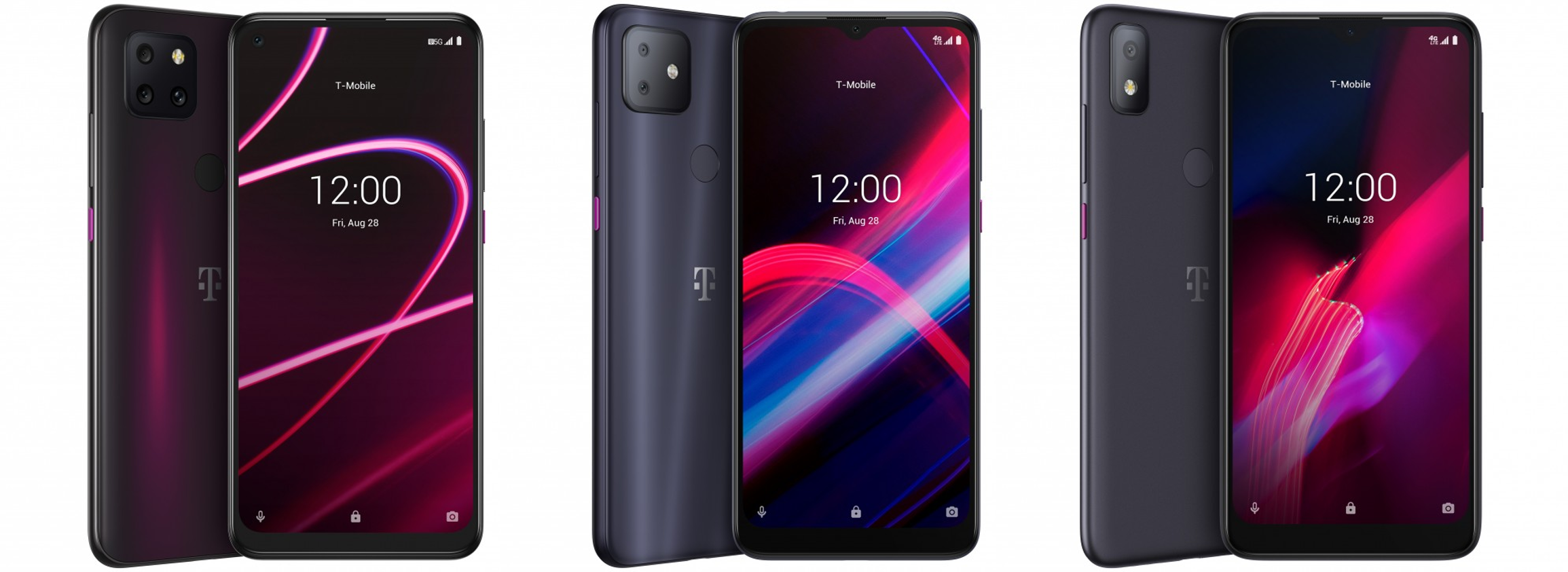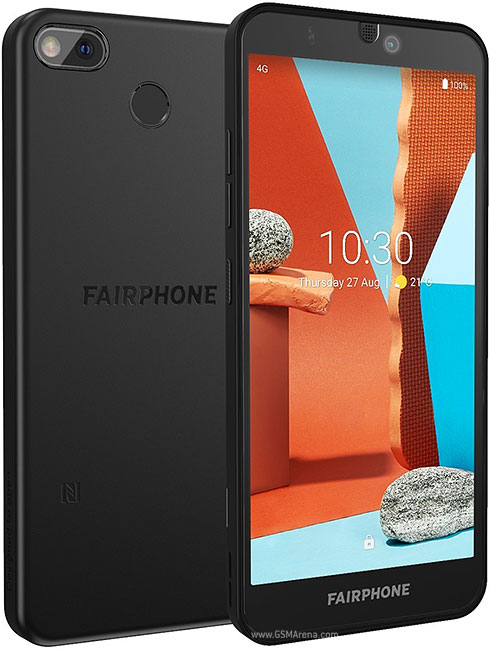
8-29 #PhD: MediaTek has applied to the U.S. government for permission to continue supplying Huawei; JDI plans to sell a smartphone screen factory and the land it sits on to Sharp; TCL will acquire 60% of Suzhou Samsung Electronics Liquid Crystal Display Technology; etc.
MediaTek has revealed that it has applied to the U.S. government for permission to continue supplying Huawei after new U.S. curbs take effect in mid-Sept 2020 amid rising China-U.S. tensions. The Trump administration in Aug 2020 expanded its curbs on Huawei and banned suppliers from selling chips made using U.S. technology to the Chinese firm without a special license. (GizChina, NY Times, Sohu, ESM China)
TSMC has revealed that its first customer of 3nm process (N3) is British startup, Graphcore, which focuses on AI chip development. Graphcore has built a few chips for machine intelligence to accelerate machine learning and AI applications. The company only recently launched its second product, the Colossus MK2 IPU chip. (GizChina, AnandTech, CN Beta)
OPPO patents a slider phone with an extendable display. The patent shows a smartphone with a square-size display. Upon pulling the display up, the screen gets longer and taller into an “open” position. According to the patent, the screen gets about 80% larger when it is opened up. (GSM Arena, LetsGoDigital, Gizmo China, CN Beta)
Samsung Display has filed a trademark application for “Iris Ring”. The company has reportedly confirmed that it for its punch-hole cutout on the displays that houses the front-facing camera sensor. The company has also said that it has received the Hole Area Clarity verification from the Underwriters Laboratories (UL) for no color difference in the areas around the punch-hole cutout on the screen. (GizChina, The Elec, China Ups, CN Beta)
Japan Display Inc (JDI) plans to sell a smartphone screen factory and the land it sits on to Sharp for JPY41.2B (USD386M). A deal for the Hakusan liquid crystal display plant in Ishikawa Prefecture, along with sale of equipment there to a customer believed to be Apple, will earn JDI USD668M while cutting excess capacity that has weighed on earnings. JDI will use funds from the sale to repay Apple for the prepayment, lightening its financial burden. (CN Beta, Apple Insider, Asia Nikkei, NY Times)
TCL Technology has announced that the company will acquire 60% of Suzhou Samsung Electronics Liquid Crystal Display Technology and 100% of Suzhou Samsung Display at approximately USD1.080B (about CNY7.622B). It is expected to be completed in 2021. TCL Technology has also received a capital increase of USD739M from Samsung Display and holds 12.33% of TCL CSOT. (Laoyaoba, My Drivers, Sohu)
AU Optronics and Innolux have been competing in an attempt to seize the dominance of the new generation of panels of Mini LED. Innolux has showcased the world’s first rollable Mini LED display screen with a thickness of less than 1mm and can be spliced to achieve a rollable large-size display over 110 inches. It is reported that the new technology will be mass-produced in early 2021. (Laoyaoba, Yahoo, UDN, LED Inside, Micro LED)
Macroblock is aggressively expanding its mini LED IC driver market. The large-size TVs exhibited by Konka, TCL, and Samsung are adopted with Macroblock’s driver ICs. Macroblock is the primary brand for 100-150” direct-view display driver ICs. Macroblock has stated that the mini LED market is expected to grow rapidly, and the overall mini LED market is expected to exceed USD1B in 2023. (Laoyaoba, UDN, Sohu, Macroblock)
Xiaomi has detailed its third-generation under-screen camera technology. Xiaomi is using a self-developed pixel arrangement that allows the screen to pass light between the gaps of the sub-pixels, letting every pixel on the display retain a complete RGB subpixel layout without compromising on pixel density. (Android Authority, CN Beta)
Startup Berbix has announced a USD9M funding round for its new approach to cloud-based biometric selfie and ID document checking service, with plans to invest the funds in team and customer growth. They are focusing on customers using the technology for age verification, driver or rider verification, KYC checks, and fraud mitigation, such as fighting chargebacks and account takeovers. They also say it can reduce overhead costs. (VentureBeat, TechCrunch, Biometric Update)
French operator Bouygues Telecom has revealed that it will withdraw 3,000 Huawei’s mobile phone antennae by 2028 in “very dense population areas” at the government’s behest over purported 5G security issues. The British government has also stated that it will completely replace existing Huawei equipment by the end of 2027. (CN Beta, Le Monde, Techxplore)
Tareq Amin, CTO of Japan’s Rakuten Mobile, has unveiled what he called the “world’s first” massive 5G MIMO remote radio head (RRH), using a 32T/32R configuration, and which is “fully compliant” with open interface specifications laid out by the O-RAN Alliance. The new RRH, which is built by Intel and NEC, can support a wideband channel of 100MHz, deliver up to 1.7Gbit/s throughput, and allows digital beamforming. (Light Reading, Laoyaoba)
OnePlus is reportedly launching entry-level smartphone codenamed “Clover” worldwide including US, featuring 6.517” HD+ v-notch, Qualcomm Snapdragon 460, rear tri 13MP-2MP macro-2MP depth, 4+64GB, rear fingerprint scanner, 6000mAh battery with 18W fast charging, priced at around USD200. (Android Central, CN Beta, Android Authority)
Apple and Google are preparing to roll out phase two of their Covid-19 contact-tracing system, allowing users to receive notifications about their exposure to infectious people without needing to install a specific app. The platform is designed with privacy in mind and does not collect personal data. (Pocket-Lint, The Guardian, Fast Company)
Infinix Zero 8 is announced in Indonesia – 6.85” 1080×2400 FHD+ IPS 90Hz 2xHiD, MediaTek Helio G90T, rear quad 64MP-8MP ultrawide-2MP macro-2MP depth + front dual 48MP-8MP ultrawide, 8+128GB, Android 10.0, side fingerprint scanner, 4500mAh 33W, IDR3.799M (USD258). (GSM Arena, Gizmo China, GizChina)
T-Mobile announces new REVVL 5G, 4+ and 4 (made by TCL) in US: REVVL 5G – 6.53” FHD+ HiD, Qualcomm Snapdragon 765, rear tri 48MP-8MP ultrawide-5MP macro + front 16MP, 6+128GB, Android 10.0, rear fingerprint, 4500mAh, USD400. REVVL 4+ – 6.517” HD+ v-notch, Qualcomm Snapdragon 665, rear dual 16MP-5MP ultrawide + front 16MP, 4+64GB, Android 10.0, rear fingerprint, 4000mAh, USD192. REVVL 4 – 6.217” HD+ v-notch, MediaTek Helio A22, rear 13MP + front 5MP, 2+32GB, Android 10.0, rear fingerprint, 3500mAh, USD120. (GSM Arena, T-Mobile, CNET, Android Police)
Fairphone 3+ is announced, which is made with 40% recycled plastics and ethically sourced materials – 5.65” 1080×2160 18:9 FHD+ IPS LCD, Qualcomm Snapdragon 632, rear 48MP + front 16MP, 4+64GB, Android 10.0, rear fingerprint scanner, 3040mAh, EUR469. (GSM Arena, Box, Gizmo China)
Apple will likely boost sales of its AirPods range by a third in 2020, but that will not stop it from losing its dominant grip on the fast-growing wireless earbuds market. Apple accounted for nearly half of all sales in 2019 and expected to grow to 82M units in 2020, according to Counterpoint Research. A growing contingent of specialized Chinese brands has emerged on the scene, with models such as the USD90 Lypertek Tevi offering better fit and sound quality than AirPods at a lower price and the 1More True Wireless ANC outperforming the USD250 AirPods Pro’s noise canceling at USD180. (Bloomberg, Phone Arena)
Apple’s Machine Learning Research group has launched a new residency program inviting experts in various fields to apply their expertise to build new ML and AI-powered products and experiences. (Mac Rumors, Apple, CN Beta)

